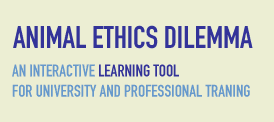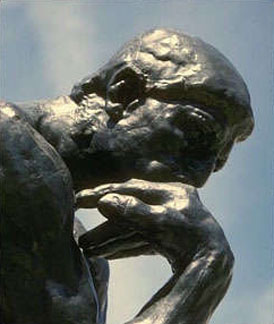

 |
| |
|
The Contractarian View
|
|
“Morality is based on agreement” |
|
| The basic contractarian idea is that ethical obligations originate in mutual agreements or contracts between people. Moral duties are similar to the terms and conditions we sign up to when opening a bank account. The thinking here is this. Each of us has his or her own interests. We are perfectly entitled to pursue these, but in most situations we can benefit from the help of others. Others will find it attarctive to help so long as they get some kind of help in return. Hence mutual cooperation is in all of our interests. It is best for everyone. In cooperating we make agreements, and it is these agreements that bring ethical obligations into being. Such agreements need not be formally entered into like commercial contracts. They may be implicit in people’s considered behaviour. Even so, non-human animals cannot make agreements. They lack the understanding and control needed to enter a contractual arrangement. Examples of statements typically made on the basis of this view: “We should care about animal welfare, because consumers demand it and we want to sell products.” “As far as possible one should avoid using cats, dogs, monkeys and other sensitive species for research, because the general public objects.” “I need to treat animals well enough for them to suit my purposes, but I don’t think it is worthwhile doing any more than that.” “To improve the quality of animal research, one should be concerned about animal welfare.” |
|
|
|
|